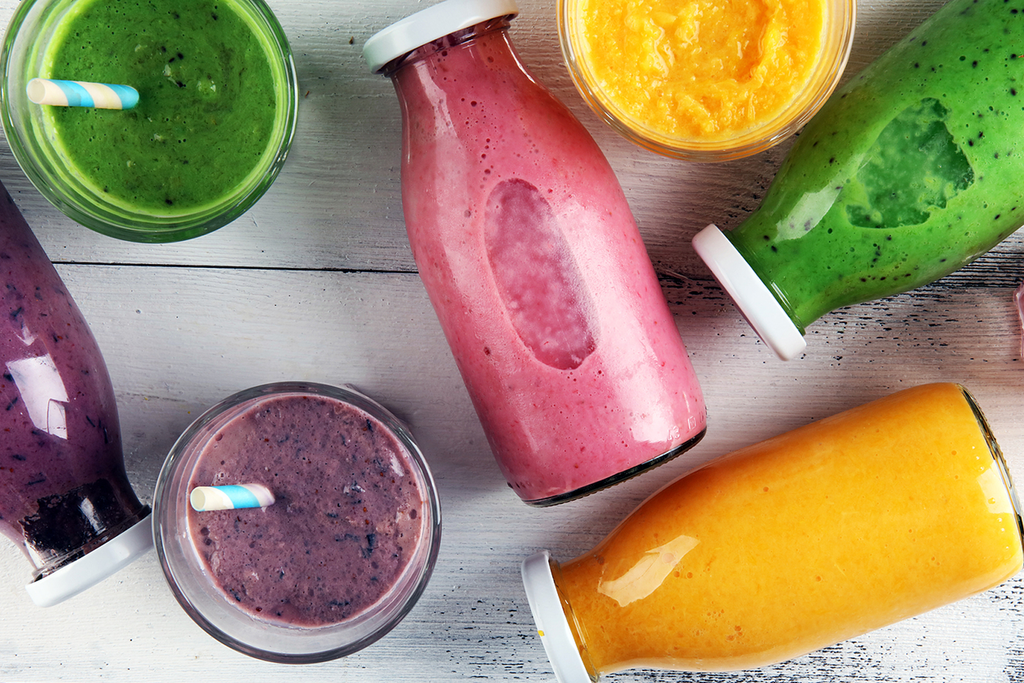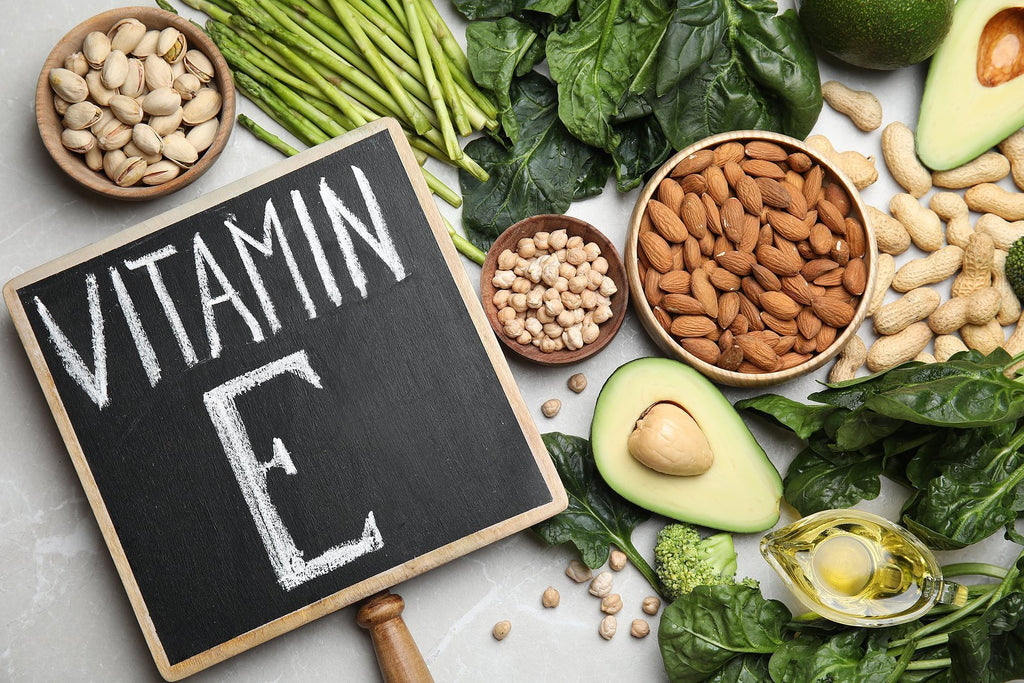Ketogenic Diet Basics & Benefits
Nutritional Ketosis
The basic goal with a ketogenic diet is to eat your macronutrients – that’s your fats, your protein, and your carbohydrates – in a ratio that allows your body to go into a state called “nutritional ketosis”. The simple way to think of that is this… your body is in ketosis when it’s burning fat for energy, instead of sugar.
In order to achieve ketosis, you need to eat macronutrients in approximately this ratio: 70% fats, 20% protein, and 10% carbohydrates. That’s measured by calories, not portion size. After all, a piece of salmon, which is mainly fat and protein, is much more dense than say leafy greens.
If you compare that ratio for ketosis with the typical American diet, it looks very different. Most Americans eat a ratio that’s more like 35% fats, 15% protein, and 50% carbs. Not to forget that a lot of those fats in the typical diet are harmful fats, not the healthy ones.
The Key To The Ketogenic Diet
The key is to reduce carbs drastically. That means eliminating grains, starchy vegetables like potato, and just about every source of sugar that you can identify.
When it comes to fruit, that rules out most varieties and leaves you with the low glycemic ones, such as a handful of berries. And avocado, of course – it’s a great fruit. It’s possible on the keto diet to have a very limited amount of some other fruits occasionally, but because they’re higher in sugar, too much of them will push you out of ketosis and back into sugar burning.
The rest of your diet will consist of healthy fats (lots of them), a moderate amount of protein, and a lot of non-starchy vegetables.
How A Ketogenic Diet Works
Restrict your carbohydrate intake to less than 50 grams per day. An ideal amount is between 20 and 30 grams. Refined carbohydrates particularly break down quickly into sugar after eaten, so when you eat a high carbohydrate diet, your body’s main source of energy is glucose (your body’s sugar).
When you get your carbohydrate intake down below 50 grams per day, your body burns off the stored glucose over a period of about a day. That is the sugar that your body was keeping around for immediate use.
Then your body taps into the next level of sugar storage, called glycogen. This is stored mainly in your muscles and your liver. It’s like your short-term sugar storage. It takes about two or three days more to burn off of the glycogen.
Once the glycogen is gone, your body will begin burning fat for energy. This is the state called ketosis. When this fat breakdown occurs, it produces compounds in the liver called ketone bodies (ketones for short). These ketones are not only a sign of fat being broken down, which is obviously what most people are going for if they want to lose weight, but they are also like a superfood for your cells. In other words, your cells burn the ketones for fuel instead of burning sugar. Ketones are a much more efficient fuel for your body to burn. Consider them a clean fuel source, while sugar is a dirty fuel.
Avoid The Crash
When you rely on carbohydrates for energy, you’ll tend to experience a rollercoaster of energy highs and lows throughout the day. That’s the typical “crash” people talk about. They eat, which makes them feel better and more energetic. Then when they haven’t eaten in a while, they crash.
On the other hand, when you burn ketones, your energy levels can stay high and steady without the crashes. The ketones also feed your brain and support its overall function. One way they do this is by stimulating the synthesis of new pathways and networks for nerve cells. In simple terms, that’s basically making you smarter and better able to think and solve problems.
Short And Long-Term Health Goals
A ketogenic diet supports many of the health goals most people want to achieve: weight loss, increased energy, sharp brain function, and a lower risk for disease.
Weight loss comes directly from the breakdown of fats. If you add moderate exercise, your results will tend to accelerate because it helps you increase your body’s production of growth hormone, which will help you burn more fat and build muscle.
A keto diet supports cardiovascular health. Eating a diet rich in healthy fat is not bad for your heart and does not clog your arteries, despite contrary thoughts about this that you may have heard. In fact, ketones are anti-inflammatory. Compare that with a high-carb diet, which is highly inflammatory, while excessive sugar can lead to heart disease.
Another benefit of keto is that it lowers blood sugar and reduces your body’s demand for insulin. Reducing carbohydrates, sugar and weight are at the root of diabetes management, so the keto style of diet has shown great success at controlling these factors and even eliminating the need for blood sugar medication on occasions.
That’s just the tip of the iceberg on the benefits of the ketogenic diet. I’ll cover more in upcoming blogs and videos. Meanwhile, start cutting down sugar, even if you’re not doing keto. It’s vital for your health. So is consuming good fats, dark green vegetables, good proteins, and quality nutritional supplements.
Sharing is Caring
Know Your Body - Know Your Health






